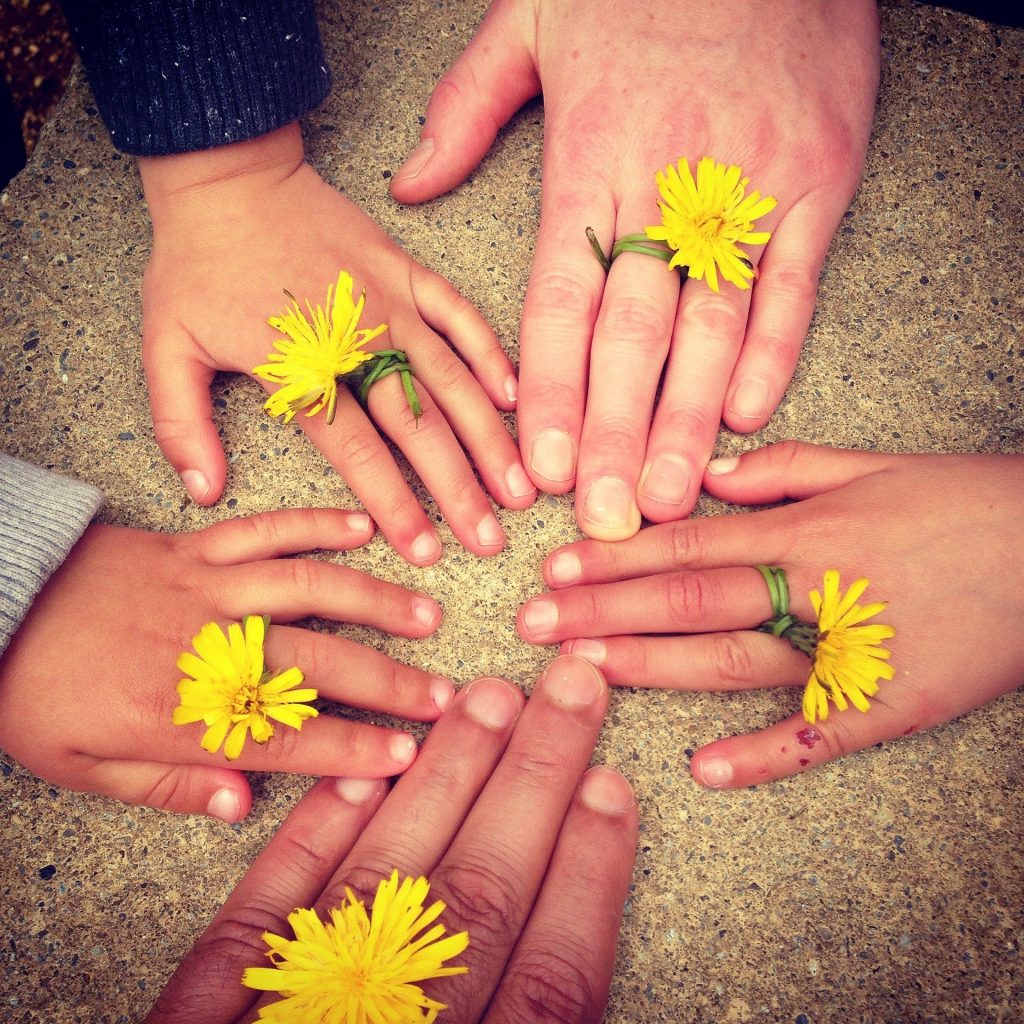Is the imminent return to school bringing a mixture of anxiety, stress, excitement and low mood? Has the dread started for you and your child? How can we deal with it proactively?
As a mum of two children, one with Autism, every year brings a huge range of thoughts and feelings. Whether it’s a new school, new teachers, new timetable – there is inevitable change. Change can be daunting and challenging. But change can be managed.
Here are 5 tips, both from experience of counselling young people, and as a parent of children who experience anxiety, that can help:
1. Communication
Be open. Talk to your child, talk as a family, talk to the school. Children who grow up in families where feelings are heard, become adults who know that it’s ok to talk. How are they feeling about school? What are their hopes and fears? What do they need from themselves and you to help with the process? Normalising the conversations and focusing on strengths make a huge difference to the young people we work with.
Speak to key staff at school so they are aware of how your child is feeling, particularly if there is a SEND or mental health need. How will the first day work? Which staff will be working with your child? Do they need passes or special arrangements ready for the start back? Do they have adjustments in the classroom and are these in place? Consistency and clarity are vital. Ask what support will be in place to help with the transition. Tell them what is needed.
Communicating your own feelings is important to, it is hard to manage difficult times as a parent. Talk to friends, family, parent support forums. There is a lot of great experience and advice available. The return to school can bring a lot of anxiety and stress for you too so take care of yourself.
2. Be prepared
Take away as much stress as possible for the first day. Try on the uniform and shoes, have everything packed a few days before, set the routine. Talk through how things will work. We have a checklist on the fridge so the children can check themselves that they have done everything which saves requests and demands from me (parents of children with Autism will know the consequences of that!) From an emotional perspective, help your child plan for how they can manage different situations, who they can talk to, how they can keep themselves encouraged.
3. Be positive
Focus on what your child CAN do. What do they want to achieve in their first week and first term? What did they do well last year that will help them this year? One of our traditions is for me to write both children a letter the night before they go back to school which says how proud I am of them, what I know they can achieve, what I hope for them. They now remind me to do it because it helps them so much! In a world where there is so much focus on what they’re not doing well, what they’re not achieving – give them hope and aspirations.
4. Develop coping strategies
As early as possible, start working on strategies to help your child manage their experience. It could be:
• A self-soothe kit with sensory items, fidget toys, mindfulness resources, self-care ideas.
• Mindfulness and meditation apps to help with self-belief, confidence, anxiety and stress. Try Insight Timer or Headspace.
• Make a visual scale that shows their level of anxiety, anger or stress on a level of 1-5 – what might happen at each one? What can they do at that level to help move down the scale? Use pictures where appropriate. This helps when emotions are too strong to verbalise what is happening, and it helps to self-manage emotions.
• Buy a journal – encourage them to write down each day what they are grateful for, what they have done well, how they have been feeling. Some children might prefer guided journals, there are plenty of options.
• Find a way to remind them that you care – draw a small heart on the palm of your hand and theirs that they can press when they need to, make a bracelet or charm with beads or wool – each bead or strand of wool representing a strength of theirs or a person who is there to support them, find a smooth stone to keep in their pocket to use as a grounding reminder when they are feeling dysregulated.
• Activities – some children prefer physical activities. We have a basketball net which helps use up physical energy and focus anxiety differently. Go for walks or bike rides. Some children prefer to read or listen to music. Encourage them to reflect on how they feel once they have tried something.
5. Encourage autonomy
One of the things we often hear in the counselling room, is that young people want to do things themselves. As parents we often have the best of intentions, but young people like to be independent. The feeling of achieving something themselves is a great motivator. No matter how small the task, encourage them to do it and see what follows. It could be organising their own bag, planning their morning routine, joining enrichment activities, speaking to a teacher. Praise any achievements, no matter how small they seem. Allow your child to think of solutions to any issues that come up, they are the experts on them. This will boost their confidence and self-belief.
Have a look at our guide sheet to help young people return to school feeling more focused and confident: Back to School
Above all, look after yourselves. Parenting is tough at times. The return to school can be difficult and testing. Remember everything you have achieved and know you will get through this.



